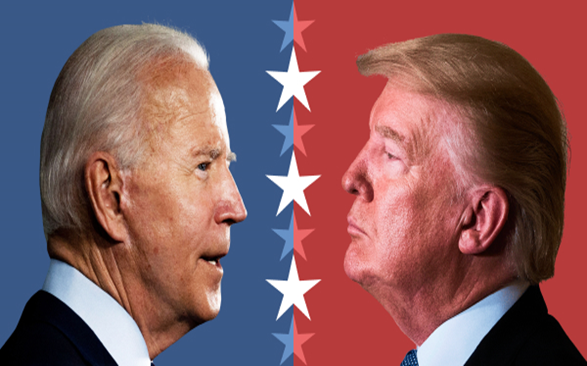Introduction
The President of the European Central Bank (ECB), Christine Lagarde, on Friday 26 February 2022, called for the quick approval of regulation for Bitcoin in order to prevent Russia from evading economic sanctions imposed on it because of its attack on Ukraine.
In the third quarter of 2020, the European parliament had introduced a draft legislation known as Markets in Crypto Assets (MiCA) to govern virtual asset regulation in the European Union. The legislation, which was due for a vote at the European Parliament on Monday, was however delayed “amid concerns that it might be perceived as a ban on proof-of-work technology”, according to TheStreet.com News.
Now in the midst of the sanctions levied on Russia this week, the ECB president has pressed for the legislation to be sped up on the basis that Russia might leverage on cryptocurrency as a way to evade sanctions.
“Whenever there is a ban or prohibition or a mechanism in place to boycott or prohibit, there are always criminal ways that will try to circumvent the prohibition or the ban,” Lagarde said.
“It’s so critically important that MiCA is pushed through as quickly as possible, so we have a regulatory framework within which crypto assets can actually be caught,” she added.
As a consequence, if the legislation is approved, according to Outlookindia.com, “Russian residents will be restricted to conducting digital currency transactions via licensed operators, a restriction that in effect renders peer-to-peer trades illegal, Coindesk quoted the Ministry of Finance’s proposed bill on regulating cryptocurrencies. Only certified cryptocurrency wallets will be allowed.”
It is however feared that Russia would be able to get around the economic sanctions imposed on it by relying on bitcoin and other non-fiat assets. It is reported that Russian entities have garnered approximately $400 million in cryptocurrency from ransomware attacks in the last year, according to blockchain transaction analytics firm Chainalysis.
In the fall of 2021, the US Treasury Department cautioned that the impact of American sanctions could be weakened or threatened by cryptocurrencies: “Many rely on the dark web crypto marketplace known as Hydra, which makes it difficult for authorities to trace even crypto transactions on blockchain”, according to TheStreet.com.
“The lessening of US sanctions power comes from a system where these nation-states are able to do transactions without going through the global banking system,” Yaya Fanusie of the Center for a New American Security told the New York Times.
Back in January, 2021, Lagarde called for regulating Bitcoin’s “funny business” as was reported by Reuters.com:
“(Bitcoin) is a highly speculative asset, which has conducted some funny business and some interesting and totally reprehensible money laundering activity,” Lagarde said.
Lagarde however did not provide specific examples of money laundering cases but only stated that she understood there had been criminal investigations into illegal activity.
The cryptocurrency sector is still mostly lightly overseen or unregulated, although global standards on areas such as anti-money laundering (AML) are emerging.
“There has to be regulation. This has to be applied and agreed upon … at a global level because if there is an escape that escape will be used,” Lagarde said.
Discover more from Crypto Asset Buyer
Subscribe to get the latest posts sent to your email.



